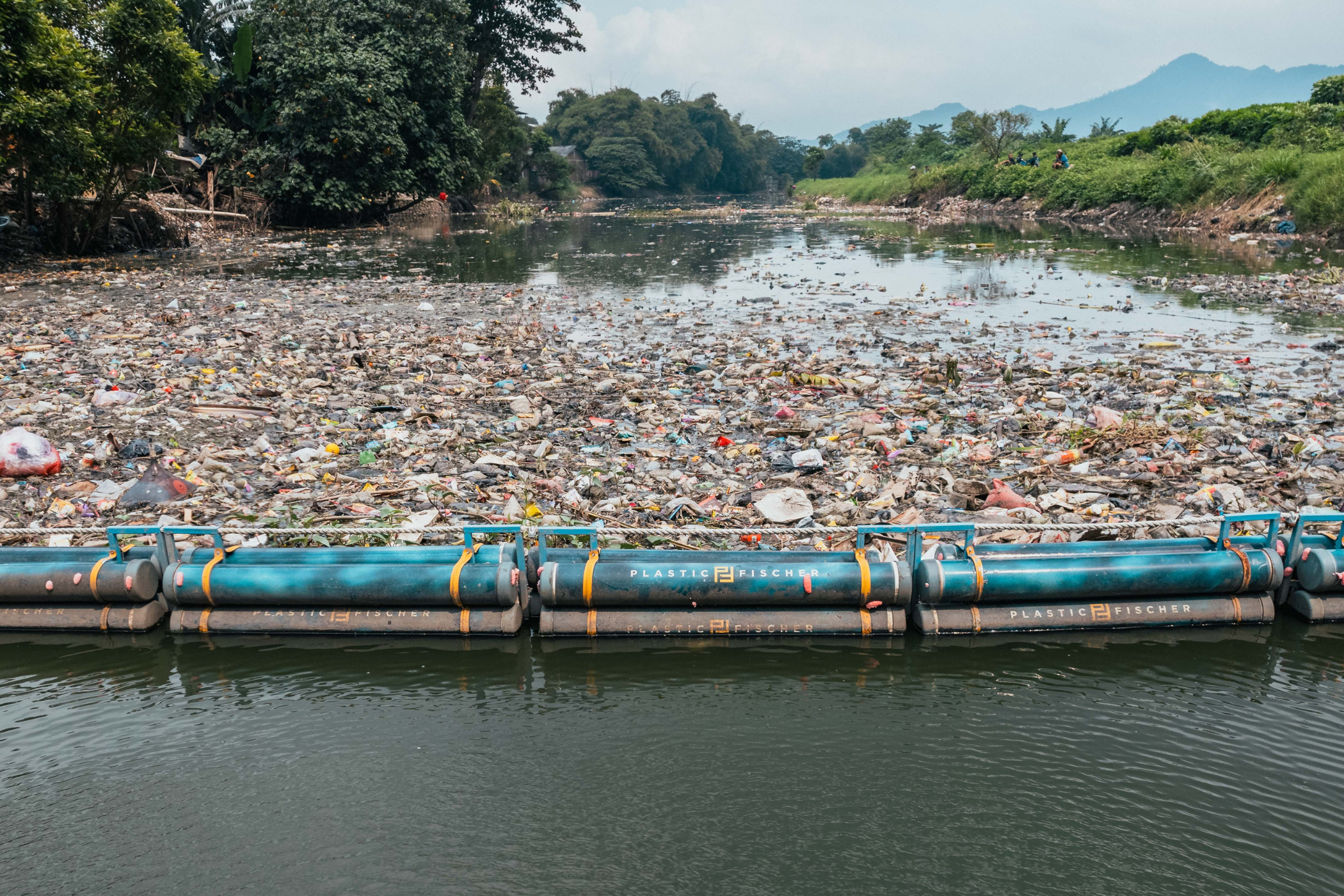🌍 Greenwashing
Greenwashing in B2B: deception or genuine sustainability?
More and more companies are focussing on sustainability - but not all measures are really effective.
Find out how to avoid greenwashing and achieve real impact.
What is greenwashing?
Greenwashing refers to marketing or PR measures that make companies appear more sustainable than they really are. While consumers are often deceived, business partners and investors increasingly recognise when companies are not acting authentically.
- More than 40% of companies state that they do not fully honour their sustainability promises.
- Greenwashing can lead to a loss of reputation and legal consequences.
- Studies show: Honest sustainability strategies increase sales and brand trust in the long term.
The goal:
Prevent greenwashing and better protect consumers.
How do you recognise greenwashing in companies?
Possible signs of greenwashing
💡 Vague terms are used - these can be terms such as ‘environmentally friendly’, ‘climate neutral’ or ‘sustainable’, without any trustworthy evidence being provided. Proof can be certificates, for example.
🗒️ It is not communicated transparently - There are no specific data, figures or facts or independent certificates that you can use to confirm your statements.
📷 Misleading images are used - e.g. plastic products in green packaging. E.g. plastic products in green packaging to appear more sustainable.
🌱 Individual ‘green’ measures are communicated without much impact - Some companies use marketing tricks such as ‘1% of our turnover goes to environmental projects’, but have no transparent disclosure of what their own ecological footprint looks like.
You can find more useful information on how you can protect yourself against greenwashing accusations here...
✅ The most frequently asked questions about greenwashing
Maybe you'll find what you're looking for here
Methods such as carbon footprinting (Scope 1-3 according to the GHG Protocol), life cycle analysis (LCA) or ESG reporting (e.g. according to GRI or CSRD) make sustainability performance measurable and verifiable.
Industries with a high environmental impact such as fashion, food, energy and mobility are often criticised. Especially when they advertise with vague terms (‘climate neutral’, ‘green’) without providing any evidence.
Genuine labels such as the Blue Angel, Fairtrade or EU Ecolabel have clear, independent test criteria. Misleading labels are often self-invented, without comprehensible standards or certification bodies.
In addition to warnings from consumer protection organisations, there is also the threat of penalties from competition authorities. In the EU, companies can be held liable under the ‘Green Claims Directive’ if they make false environmental claims.
Trustworthy brands create long-term customer loyalty, reduce legal risks and improve employer branding.
Honest correction, transparent communication and actual improvements are crucial. Companies should admit mistakes, point out concrete measures and utilise external audits.
The consequences of greenwashing in your company
Why greenwashing does you more harm than good...
Greenwashing may work in the short term to create a sustainable image - but the long-term consequences can be serious for companies. Consumers, business partners and investors are increasingly scrutinising whether sustainability promises are really being kept. Those who rely on greenwashing not only risk their image, but also legal and economic disadvantages.
#1 Loss of trust:
Customers & partners turn their backs on companies
💡 72% of consumers favour brands that are demonstrably sustainable. (Source: Nielsen study)
💡 60% of B2B customers now actively review the sustainability measures of their partners.
What that means:
Companies that only ‘paint themselves green’ but do not take any real action lose credibility. As soon as it becomes apparent to the outside world that sustainability promises are not being honoured, trust can be irrevocably destroyed - and information of this kind spreads very quickly.
📌 Example:
A major fashion retailer advertised a ‘sustainable collection’ but did not transparently state whether materials were actually recycled. Following revelations in the media, the company lost a lot of trust - and customers switched to the competition.
#2 Legal risks:
Stricter regulations & penalties for greenwashing
💡 The EU is planning stricter greenwashing guidelines that provide for high penalties for false sustainability promises.
💡 In the USA and the EU, millions have already been fined for misleading ‘green’ advertising campaigns
What that means:
Regulatory authorities are increasingly focussing on transparency. Companies must provide concrete evidence for their sustainability claims, preferably in the form of verifiable and comprehensible certificates or proof. Anyone who makes misleading marketing claims can be legally prosecuted - from warnings to heavy fines.
📌 Example:
A major oil company claimed in its advertising that it was investing heavily in renewable energies - but in fact less than 1% of its total investment went into sustainable projects. The British advertising regulator banned the campaign on the grounds of deception.
#3 Economic damage:
Declining sales & failed partnerships
💡 76% of investors favour companies with demonstrable ESG goals. (Source: PwC Global Investor Survey)
💡 54% of companies see greenwashing as a risk to business development. (Source: EY Sustainability Report)
What that means:
Companies that only appear to be sustainable attract fewer investors and lose market share in the long term. Large B2B partners and investors are paying more attention to whether companies fulfil genuine ESG (environmental, social and governance) criteria and want to be able to track this on the right.
📌 Example:
An international logistics company wanted to advertise a ‘climate-neutral’ service, but was unable to provide clear calculations on CO₂ emissions. Large customers such as retailers and tech companies pulled out as they needed credible sustainability evidence for their own ESG reports.
💛 100% traceable impact,
that Plastic Fischer makes in rivers in India & Indonesia

Before

After
5 concrete solutions on how your company can be authentic, measurable, sustainable...
Greenwashing is not only an ethical risk, but also an economic one. But how can you as a company ensure that your sustainability strategy is credible and effective?
1. Through transparency:
Open communication & honest reporting
Companies must communicate their environmental and social measures clearly and verifiably. Instead of vague terms such as ‘climate neutral’ or ‘environmentally friendly’, measurable data is needed:
Good practice:
- Concrete figures on CO₂ emissions, resource savings or recycling rates.
- Publication of annual sustainability reports.
- Open communication about progress and challenges.
Greenwashing example:
- Companies claim to be ‘sustainable’ without providing evidence.
- Advertising campaigns suggest environmental protection, but there are no measurable measures.
📌 Best practice:
Patagonia publishes detailed reports on its production processes and CO₂ reduction targets - and also openly admits where there is still room for improvement.
2. Through measurable results:
From CO₂ reduction to impact certificates
If you want to achieve real sustainability, you have to measure it. Companies should document their progress using clear key figures.
Good practice:
- Carbon footprint according to recognised standards (e.g. Greenhouse Gas Protocol).
- Use of impact certificates for environmentally friendly measures.
- Independent audits by third parties (e.g. TÜV, B-Corp, Cradle to Cradle).
Greenwashing example:
🐠 Why is Plastic Fischer a sound solution for your company to avoid greenwashing?
You get sustainability with measurable impact:
- We remove plastic from rivers - a directly measurable environmental impact that you can communicate in the same way
- You receive transparent reports on the amount of plastic you have collected
- We take social responsibility - with your support, you also create local jobs and promote sustainable processes
- We integrate your impact into ESG reports - ideal for legally compliant and credible communication of environmental measures
Our partners benefit from measurable results & credible sustainability.
Looking for a trustworthy partnership?
Write to us and create a sound basis for your claims with Plastic Fischer
💻 Komm jetzt mit Karsten in Kontakt und hol dir Beratung, für eine mögliche Zusammenarbeit
Alles unverbindlich. Kein Spam.







